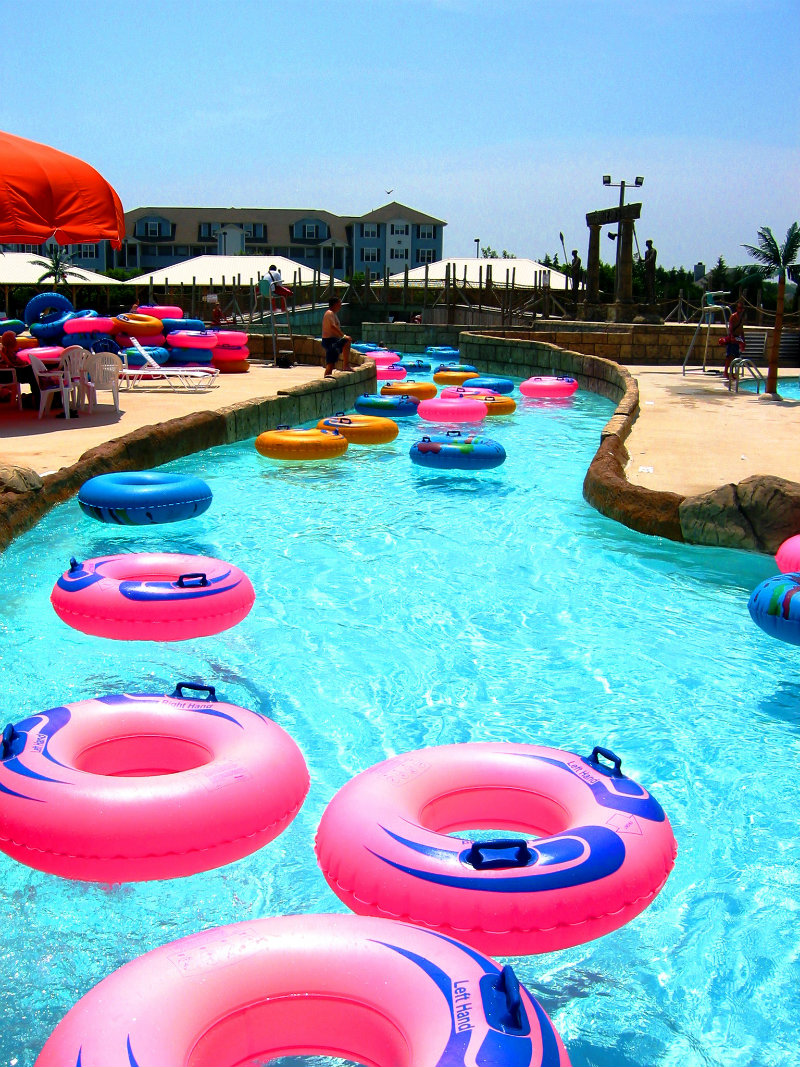It’s not even July and already some waterparks are preparing for a decline in attendance and loss of seasonal staff.
It used to be that students headed back to school after Labor Day.
Those were the days.
Now we’re talking early August in some parts of the country.
Take Florida for instance. Some school bells will be ringing as early as August 10. That change comes courtesy of a law passed last year by the state legislature that allows schools to start on that date.
California, Georgia, Tennessee and Indiana are considered hot spots for earlier-than-average school years, and many other states are exploring the option, as well. That’s why the Coalition for a Traditional School Year, a 13-year-old organization based in San Antonio, is training frustrated parents and tourism trades to challenge lawmakers and school administrators to maintain a saner schedule. Tina Bruno, who heads up the group, disagrees with arguments that kids are better prepared for state standardized tests when they start earlier. “Our research shows, really, to the contrary,” she said.
Perhaps more than any other industry, waterparks stand to lose. Though schools that start early generally end early, temperatures usually aren’t luring people to cool off at the wave pool in mid-May.
“You do those kinds of trips in July or August, when the water is refreshing and comfortable,” said Bruno, who has worked with waterpark operators to combat “calendar creeps.”
This isn’t a new problem, but it does appear to be gaining traction. Smart waterparks, however, know how to wring out the last few weeks of summer like a wet towel, squeezing out every last precious drop of revenue.
Here’s how to get the most out of your shortchanged season:
Go out with a bang: Nicole Van Winkle, account executive at Counsilman-Hunsaker, said management at her properties roll out their best events during the twilight of summer. Labor Day, traditionally the last big hurrah for many waterparks, is ideal for games and other activities. Host a going-back-to-school carnival and create an obstacle course in your pool with inflatables. Not only will this add value for season-pass holders, it will generate interest among those who haven’t visited the park before.
“Look for opportunities to do something a little different that you didn’t do all summer,” Van Winkle said.
Scale back: Some schools start five weeks before Deep River Waterpark closes, leaving the Northern Indiana facility without enough staff to operate all the attractions during this time. That’s why operators open the features on staggered schedules throughout the day. Guests are also given a discount during the last week of operation. “The demand is definitely still there,” said Sasha Mateer, general manager.
Hire older students: Some community colleges and universities begin a little later than high schools, so hire from those institutions. “We market heavily to community colleges to retain employees,” Mateer said.
Lobby: Yes, some lobbying efforts have been successful. Florida’s tourism industry, in conjunction with the International Association of Amusement Parks & Attractions, convinced lawmakers to allow for a more accommodating school schedule in 2006, when the state imposed a limit on how early schools could begin. At the time, it was no more than 14 days before Labor Day. Now that that law has been overturned, Bruno said, her group likely be involved in an initiative to advocate — once again — for a more reasonable start date when Florida resumes its legislative session next year.
It can be a bit like playing a vicious game of whack-a-mole, but lobbying for a traditional summer break is not only good for business, it’s good for students. Extended summer breaks give children enough time to be eager about returning. And eager learners are better learners.
As Bruno said: “The biggest gift we can give a child is excitement about education.”
That and a trip to the waterpark.



